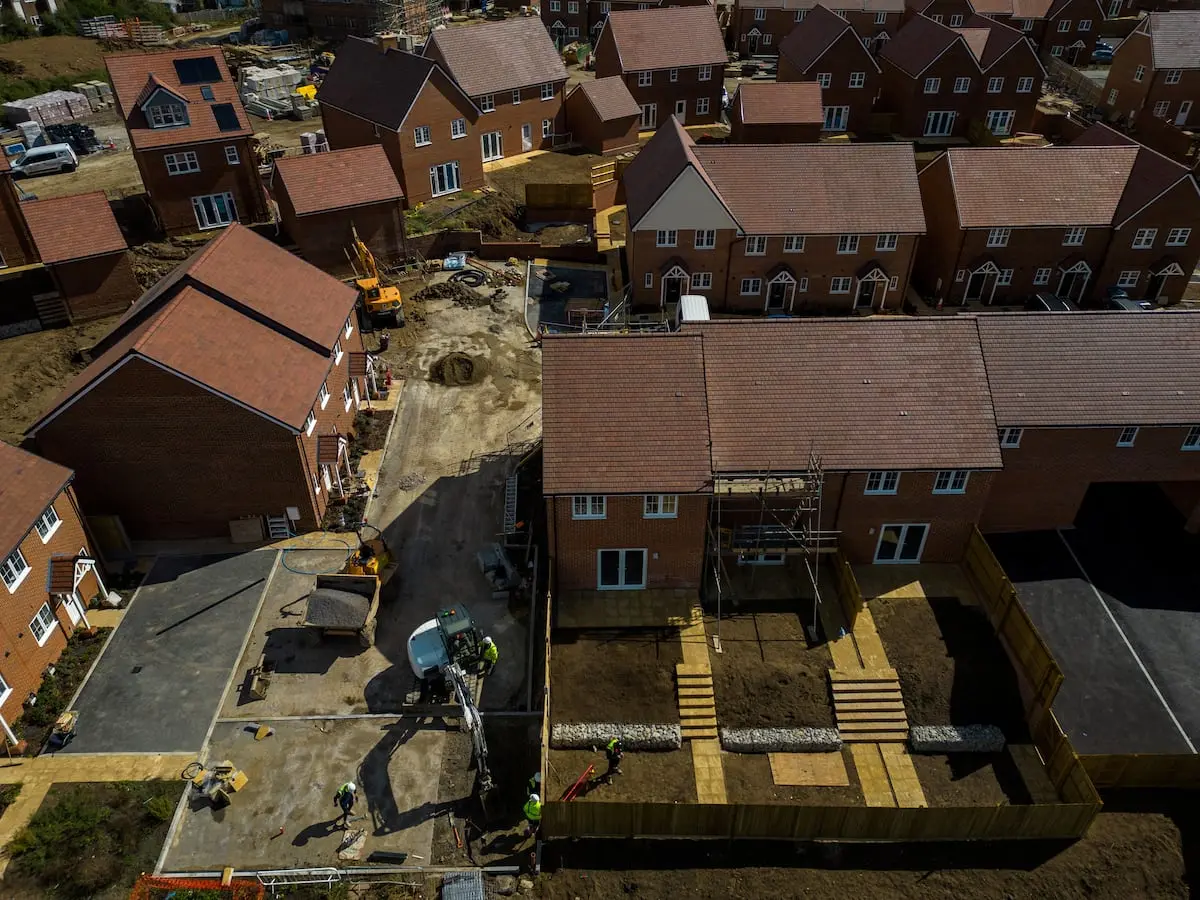Prices have risen by 54% in the United States, 32% in China and nearly 15% in the European Union between 2015 and 2024. Though policies have been implemented to increase supply and regulate rentals, their impact has been limited and the problem is getting worse
Housing access has become a critical issue worldwide, with cities that were once accessible reaching unsustainable price points. Solutions that have been proposed, like building more houses, capping rents, investing in subsidized housing and limiting the purchase of properties by foreigners have not stemmed the issue’s spread. Between 2015 and 2024, prices rose by 54% in the United States, 32% in China and by nearly 15% in the European Union (including by 26% in Spain), according to the Organisation for Economic Co-operation and Development.
…
Salaries have not grown apace with real estate prices. In the EU, the median rent rose by 20% between 2010 and 2022, with rental and purchase prices growing by up to 48%, according to Eurostat. Underregulated markets are wreaking havoc, and in the United States and Spain, 20% of renters spend more than 40% of their income on housing, while in France, Italy, Portugal and Greece, that percentage varies between 10% and 15%, according to the OECD. Many countries have created programs aimed at increasing the future supply of public housing, but their effectiveness has yet to be determined and analysts say that results will be limited if smarter regional planning decisions are not made.



How? There is just too many people, too few houses here in Australia. Not enough materials to build them or tradespeople.
If a government can’t organize the population towards building then what you got ain’t a functional government. A society that fails to build is a society that soon will fail to exist. History supports this.
I was questioning how the housing crisis would be fixed within weeks if they wanted to? The realiry is that its a big logistical issue that was impacted by COVID. Speaking in terms of Australia, there was big monetary incentives at the start of COVID to build which did influence demand (including arguably non-essential building like renovations to existing property). Materials shortages due to the impacts of covid (and now rhe war in ukraine) drove prices up like crazy and now its roughly twice as expensive to build a house as it was before.